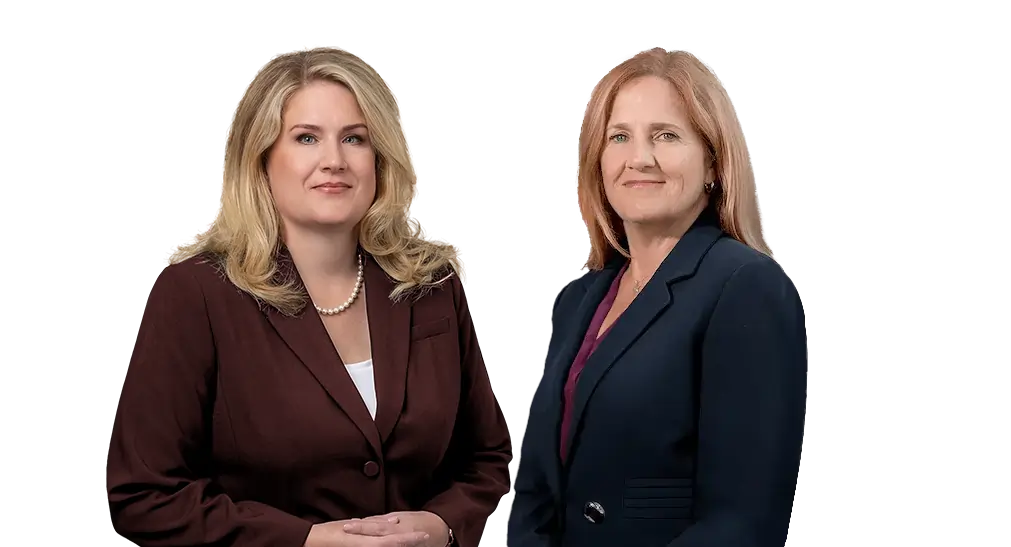Title IX & Religious Schools
CONTACT US NOW FOR A CONSULTATION
Title IX Rights & Honor Codes at Religious Schools
If you attend a college or university in the U.S., or if you are employed by a college or university, Title IX of the Education Amendments of 1972 likely applies. Title IX is designed to prohibit discrimination on the basis of sex in education programs and activities. Generally speaking, colleges and universities that are affiliated with a particular religion or religious belief, must also adhere to the tenets of Title IX if they receive federal funding, which most do. However, Title IX allows exemptions for religious schools that are private and are controlled by religious organizations when applying Title IX would be inconsistent with the views of the religious organization.
Students and employees at religious organizations should know that their institution may be exempt, and that they may not have Title IX protections, and also that the institution may not be subject to the tenets of Title IX. In addition, it is important for students to know that religious schools may be able to use information that surfaces in Title IX investigations to allege that a student has violated the religious institution’s honor code. Our highly knowledgeable Connecticut Title IX lawyers will discuss religious colleges and Title IX more broadly, and then we will provide you with information about frequently asked questions concerning a religious university’s honor code and its relation to information in a Title IX investigation.
Religious Schools and Title IX: The Standard
In general, colleges and universities that receive federal funding are covered by Title IX. Accordingly, students and employees of those colleges and universities have protections under Title IX against discrimination on the basis of sex. Discrimination on the basis of sex is construed broadly to mean protections against pregnancy discrimination, sexual harassment, sexual misconduct or sexual assault, and retaliation. Many institutions also include protections against discrimination on the basis of sexual orientation or gender identity recognizing these forms of discrimination as forms of sex discrimination.
While colleges generally are covered by Title IX from the outset, religious institutions can seek a religious exemption. To be clear, a private college or university that is run or controlled by a religious organization can request that it be exempt from Title IX. To request an exemption, that institution must send a written statement to the Assistant Secretary for Civil Rights. The written statement must identify any of the provisions of Title IX that conflict with the religious organization’s beliefs. Yet, a religious college or university is not required to request the exemption to claim an exemption. That written request can provide the school with an assurance that it is exempt, yet even without making a written request, a religious college or university can invoke an exemption if a Title IX complaint is made.
When is a Religious College or University Exempt from Title IX?
Not all religious colleges or universities can be exempt. To be exempt, they must be controlled by a religious organization. The following are ways in which an educational institution can be controlled by a religious organization:
- School or department of divinity that is designed to prepare students to enter a religious vocation or to teach theological studies;
- Students and employees, including faculty, must either be members of or must embrace the tenets of the religious organization that the school says controls it; or
- Charter, catalog, or other official materials from the school explicitly indicate that it is controlled by a religious organization.
The U.S. Department of Education maintains a list of religious colleges and universities that have claimed Title IX exemptions. However, even if an institution is not listed, it may still invoke an exemption.
Can Title IX Allegations Impact Honor Code Violations?
Title IX does not require confidentiality for the complainant. Accordingly, Title IX does not require that a Title IX coordinator or other college or university official keep the name of the complainant confidential or maintain any confidentiality regarding the information contained in the complainant’s allegations. Rather, as the Department of Education clarifies, a school must weigh a student’s request for confidentiality against other relevant factors.
Religious colleges and universities have been known to use student Title IX allegations against them to prove that they violated the institution’s honor code. Indeed, information from Title IX investigations can be used at religious colleges and universities to demonstrate that a student should be penalized for behaviors or actions prohibited by the school’s religiously based honor code.
For example, many religious institutions prohibit students from engaging in premarital sex in their honor codes. If a student makes a Title IX complaint that includes information about a sexual assault or other sexual misconduct, the university may use that information against the complaint to prove that the complainant violated the school’s honor code policy. In addition, many religious institutions have prohibitions against same-sex relationships or students identifying as LGBT. Students from a variety of religious colleges and universities have alleged that, when they came forward with allegations of Title IX violations due to discrimination on the basis of sexual orientation or gender identity, they faced honor code violations after making a Title IX report.
Contact the Experienced Title IX Attorneys at Duffy Law for Assistance
The highly experienced Title IX and Conduct Code attorneys at Duffy Law can speak with you about Title IX and religious exemptions, as well as student and employee rights at religious institutions. It is important to understand the protections provided by Title IX, as well as situations in which those protections do not apply, or scenarios in which a college or university is not covered by Title IX altogether due to a religious exemption. When a college or university invokes a religious exemption, other discrimination claims may arise. Contact Duffy Law today to learn more about how we can assist with your Title IX case.
How Can We Help?
